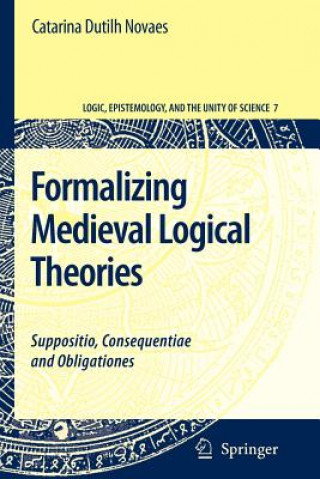
Kód: 01975620
Formalizing Medieval Logical Theories
Autor Catarina Dutilh Novaes
This book presents novel formalizations of three of the most important medieval logical theories: supposition, consequence and obligations. In an additional fourth part, an in-depth analysis of the concept of formalization is pres ... celý popis
- Jazyk:
 Angličtina
Angličtina - Vazba: Brožovaná
- Počet stran: 316
Nakladatelství: Springer, 2010
- Více informací o knize

5094 Kč

Skladem u dodavatele v malém množství
Odesíláme za 12-15 dnů
Potřebujete více kusů?Máte-li zájem o více kusů, prověřte, prosím, nejprve dostupnost titulu na naši zákaznické podpoře.
Přidat mezi přání
Mohlo by se vám také líbit
Dárkový poukaz: Radost zaručena
- Darujte poukaz v libovolné hodnotě a my se postaráme o zbytek.
- Poukaz se vztahuje na celou naši nabídku.
- Elektronický poukaz vytisknete z e-mailu a můžete ihned darovat.
- Platnost poukazu je 12 měsíců od data vystavení.
Více informací o knize Formalizing Medieval Logical Theories
Nákupem získáte 509 bodů
 Anotace knihy
Anotace knihy
This book presents novel formalizations of three of the most important medieval logical theories: supposition, consequence and obligations. In an additional fourth part, an in-depth analysis of the concept of formalization is presented a crucial concept in the current logical panorama, which as such receives surprisingly little attention.§Although formalizations of medieval logical theories have been proposed earlier in the literature, the formalizations presented here are all based on innovative vantage points: supposition theories as algorithmic hermeneutics, theories of consequence analyzed with tools borrowed from model-theory and two-dimensional semantics, and obligations as logical games. For this reason, this is perhaps the first time that these medieval logical theories are made fully accessible to the modern philosopher and logician who wishes to obtain a better grasp of them, but who has always been held back by the lack of appropriate translations into modern terms.§Moreover, the book offers a reflection on the very nature of logic, a reflection that is prompted by the comparisons between medieval and modern logic, their similarities and dissimilarities. It is thus a contribution not only to the history of logic, but also to the philosophy of logic, the philosophy of language and semantics.§The analysis of medieval logic is also relevant for the modern philosopher and logician in that, being the unifying methodology used across all disciplines at that time, logic really provided unity to science. It thus presents a unified model of scientific investigation, where logic plays the aggregating role.This book presents formalizations of three important medieval logical theories: supposition, consequence and obligations. These are based on innovative vantage points: supposition theories as algorithmic hermeneutics, theories of consequence analyzed with tools borrowed from model-theory and two-dimensional semantics, and obligations as logical games. The analysis of medieval logic is relevant for the modern philosopher and logician. This is the first book to render medieval logical theories accessible to the modern philosopher.This book presents novel formalizations of three of the most important medieval logical theories: supposition, consequence and obligations. In an additional fourth part, an in-depth analysis of the concept of formalization is presented a crucial concept in the current logical panorama, which as such receives surprisingly little attention.§Although formalizations of medieval logical theories have been proposed earlier in the literature, the formalizations presented here are all based on innovative vantage points: supposition theories as algorithmic hermeneutics, theories of consequence analyzed with tools borrowed from model-theory and two-dimensional semantics, and obligations as logical games. For this reason, this is perhaps the first time that these medieval logical theories are made fully accessible to the modern philosopher and logician who wishes to obtain a better grasp of them, but who has always been held back by the lack of appropriate translations into modern terms.§Moreover, the book offers a reflection on the very nature of logic, a reflection that is prompted by the comparisons between medieval and modern logic, their similarities and dissimilarities. It is thus a contribution not only to the history of logic, but also to the philosophy of logic, the philosophy of language and semantics.The analysis of medieval logic is also relevant for the modern philosopher and logician in that, being the unifying methodology used across all disciplines at that time, logic really provided unity to science. It thus presents a unified model of scientific investigation, where logic plays the aggregating role.
 Parametry knihy
Parametry knihy
Zařazení knihy Knihy v angličtině Humanities Philosophy History of Western philosophy
5094 Kč
- Plný název: Formalizing Medieval Logical Theories
- Podnázev: Suppositio, Consequentiae and Obligationes
- Autor: Catarina Dutilh Novaes
- Jazyk:
 Angličtina
Angličtina - Vazba: Brožovaná
- Počet stran: 316
- EAN: 9789048174584
- ISBN: 9048174589
- ID: 01975620
- Nakladatelství: Springer
- Hmotnost: 504 g
- Rozměry: 235 × 155 × 17 mm
- Datum vydání: 25. November 2010
Oblíbené z jiného soudku
-

Meditations
265 Kč -

The Myth of Sisyphus
169 Kč -

Why I Am so Clever
91 Kč -

Meditations
410 Kč -

Republic
279 Kč -

Beyond Good and Evil
258 Kč -

Gay Science
315 Kč -

Aphorisms on Love and Hate
90 Kč -
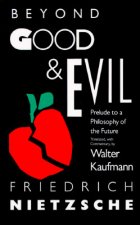
Beyond Good & Evil
322 Kč -
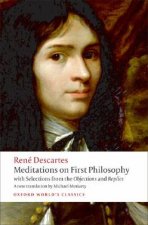
Meditations on First Philosophy
253 Kč -
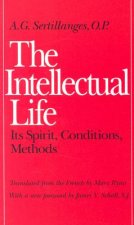
Intellectual Life
454 Kč -

Socrates' Defence
90 Kč -
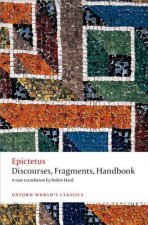
Discourses, Fragments, Handbook
306 Kč -

Ride the Tiger
590 Kč -

Thus Spoke Zarathustra
276 Kč -

Fear and Trembling
276 Kč -
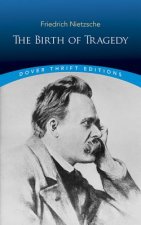
Birth of Tragedy
101 Kč -
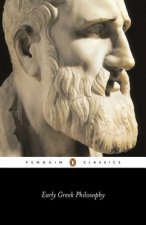
Early Greek Philosophy
357 Kč -
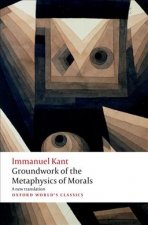
Groundwork for the Metaphysics of Morals
286 Kč -
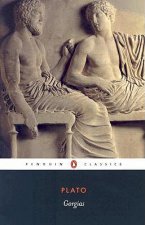
Gorgias
232 Kč -
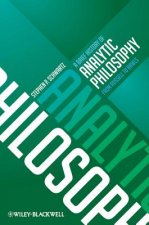
Brief History of Analytic Philosophy - From Russell to Rawls
955 Kč -
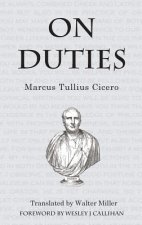
On Duties
322 Kč -

Discourses and Selected Writings
306 Kč -

Nicomachean Ethics
136 Kč -

Nausea
276 Kč -

Letters from a Stoic
276 Kč -

Meditations
502 Kč -

Simulacra and Simulation
511 Kč -

Phenomenology of Spirit
550 Kč -

Twilight of the Idols with The Antichrist and Ecce Homo
136 Kč -

On Liberty, Utilitarianism and Other Essays
249 Kč -
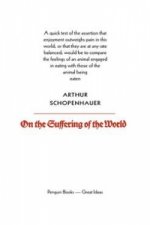
On the Suffering of the World
196 Kč -

Human Condition
511 Kč -

On the Shortness of Life
223 Kč -

Existentialism Is a Humanism
212 Kč -

Think
324 Kč -

Guide to the Good Life
434 Kč -
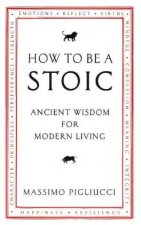
How To Be A Stoic
437 Kč -

The Symposium
233 Kč -

Human, All Too Human & Beyond Good and Evil
135 Kč -

At The Existentialist Cafe
358 Kč -
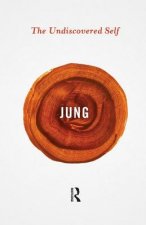
Undiscovered Self
708 Kč -
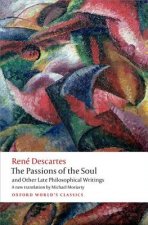
Passions of the Soul and Other Late Philosophical Writings
303 Kč -

The Trouble With Being Born
306 Kč -

Leviathan
136 Kč -
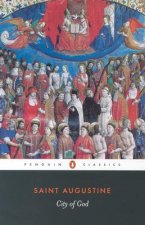
City of God
453 Kč -

Ecce Homo
249 Kč -
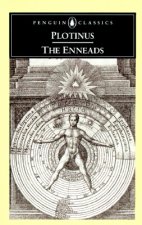
Enneads
381 Kč -

On Friendship
196 Kč
Osobní odběr Praha, Brno a 12903 dalších
Copyright ©2008-24 nejlevnejsi-knihy.cz Všechna práva vyhrazenaSoukromíCookies


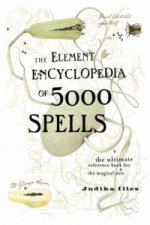



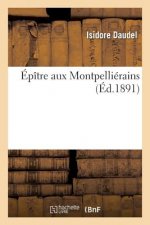
 Vrácení do měsíce
Vrácení do měsíce 571 999 099 (8-15.30h)
571 999 099 (8-15.30h)